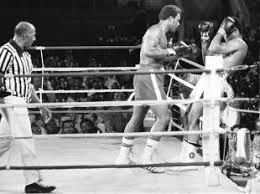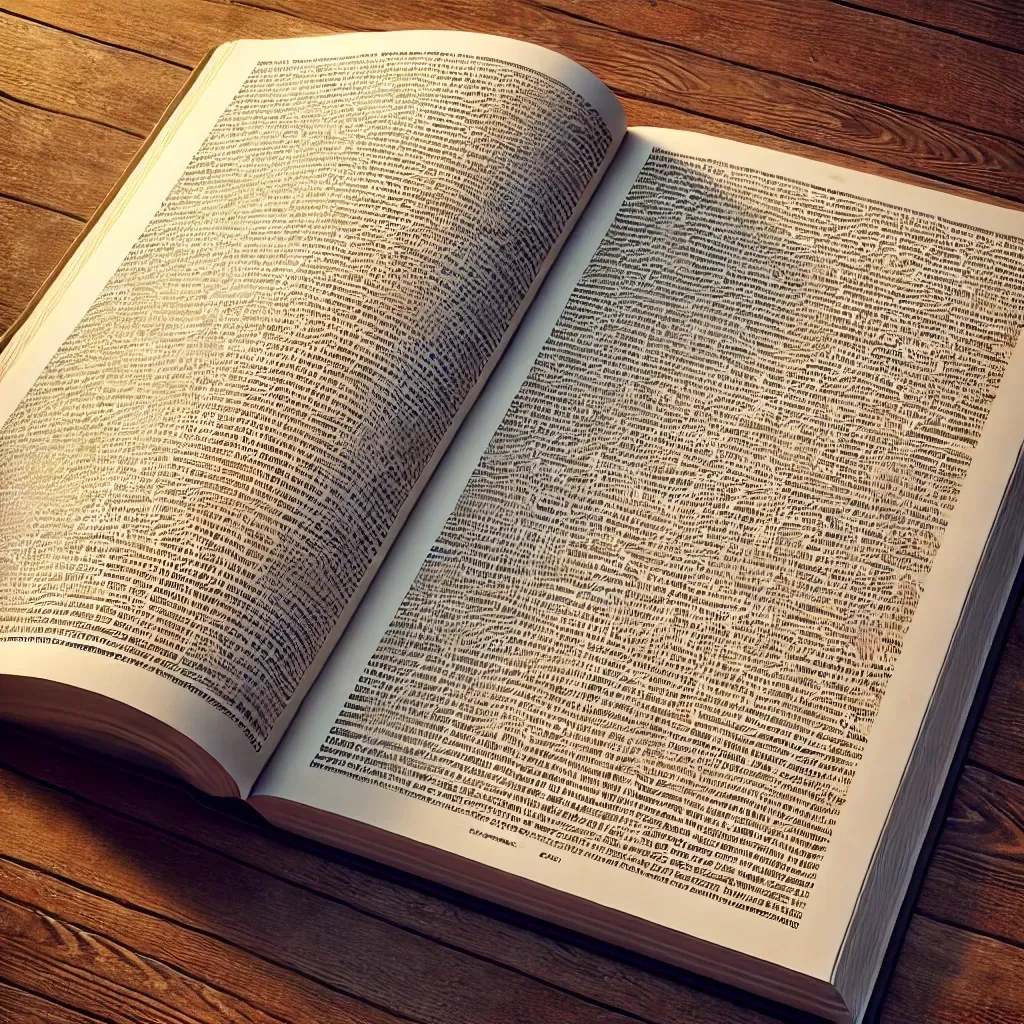Nib #4: Sympathy for Your Reader
Writing is hard because reading is hard. It requires concentration, oftentimes even silence. If you’ve ever had to flip back a few pages in a book and re-read them because you literally can’t remember what you read five minutes ago, you understand.
Good writers, then, adopt a mindset of radical sympathy toward their readers and work to make their writing easy to read. Word choice, punctuation, paragraphing, and outlining can be properly understood as hospitality.
Don’t just invite your readers into your writing. Make them feel at home. Taken care of. Anticipate their wants, needs, and possible inconveniences and preemptively accommodate them as you plan, write, and revise your drafts.
Make your writing easy to read, and people will want to read it. It’s hard work, but it’s worth it.
Until next week… keep writing!

All Rights Reserved 2024 Inkling Communications | Privacy Policy
Website Designed By Royals Advertising










